A soakaway drain serves primarily to eliminate standing surface water, especially rainwater. It typically consists of a large pit or hole where water from drainage pipes or channels flows in. The water then seeps gradually into the surrounding soil, reducing the risk of flooding and stabilizing the ground while eliminating stagnant water. Today, soakaway crates are the preferred choice for constructing soakaways. In the past, traditional methods involved filling the hole with rubble and waste materials. However, this approach is inefficient since water can only occupy the tiny gaps between rocks and stones, which quickly become clogged with silt and debris. Modern soakaway crates are engineered to be strong yet lightweight, with a void ratio of around 95%. This means they can store up to 95% of their volume in water, making them far more effective and durable than earlier techniques. To explore the various soakaway crate options available, click here. Here's an illustration showing a typical soakaway drain setup using crates. As shown, rainwater from the roof flows into gutters, downspouts, and then into the underground drainage system through a gully. After passing through a silt trap that captures debris, clean water enters the crate system and gradually infiltrates the surrounding soil. Before planning your soakaway system, it’s crucial to conduct a percolation test. Certain soil types, such as heavy clay or areas with a high water table, may not be suitable for soakaways. You can either hire a professional to perform this test or follow our guide to do it yourself. Installing a soakaway in unsuitable ground can result in wasted time and money if the soil is too dense or impermeable. Therefore, this test is essential. To determine the size of the soakaway drain needed, you'll need to calculate based on the roof pitch and roof area. More information on this can be found on our soakaway crates page, helping you estimate the amount of water you'll need to manage. Obviously, you don't want to accidentally dig up underground utilities like pipework or cables. Not only is this dangerous, but it can also be costly to fix any damage caused. Soakaway systems should be installed at least 5 meters away from any buildings, roads, or boundary walls. If the ground slopes significantly, the distance may need to be increased. Additionally, if the soakaway is part of a new construction or extension, it must be included in the building plans. Start by marking the excavation area using spray paint or similar markers. You can also mark the trench location for the inlet pipe. Once marked, carefully dig the area, leaving enough room for a 150mm base, sides, and backfill with 10mm pea gravel. If the soakaway will be installed in high-traffic areas or areas requiring higher load resistance, it should be placed at a greater depth to provide additional top cover. While excavating, remove any rocks, debris, tree roots, or other obstructions before adding the pea gravel base. This ensures the soakaway remains level and prevents damage to the crates. It’s critical to wrap the crates in a non-woven geotextile membrane, such as our Lotrak 100 product. This prevents silt, debris, and sediment from entering the system and causing blockages. Once the hole is excavated, add the pea gravel base and lay the geotextile in the hole. Place the crates over the top, then wrap the geotextile completely around the crates and the inlet pipe. Ensure the geotextile is securely taped so it doesn’t come loose. Proper wrapping ensures the crates remain functional throughout their lifespan. As mentioned earlier, one of the main concerns when installing a soakaway system is avoiding clogs caused by debris, silt, and dirt. One way to address this issue is to include a silt trap along the pipe run before it enters the soakaway. The silt trap allows heavier debris to settle at the bottom, allowing only clean water to pass into the system. The trap has a removable lid so the silt bucket inside can be emptied periodically. This prevents the system from becoming clogged and extends its lifespan. Installing the inlet drainage pipe is usually straightforward. Simply lay it over the soakaway tank and ensure it’s wrapped in geotextile membrane. Some crates come with pre-marked cut-outs that can be removed with a hole saw or pushed out if they're perforated. If entering the pipe from the side, mark this on the geotextile for easy access later. Ensure other entry points face inward if working with multiple crates. In some cases, the inlet pipe can simply be pushed against the side of the crate. In this scenario, make sure the pipe is well wrapped in geotextile to prevent contamination. Once the system is installed, the inlet pipe is connected, and everything is wrapped in geotextile, add the side and backfill. Typically, we recommend using 10mm or 20mm pea gravel for this purpose. This keeps the crates stable and allows water to drain effectively. After covering the sides, back, and top with 150mm of pea gravel, add the topsoil—usually a minimum of 400mm. If the system will experience heavy traffic, consider adding more topsoil and increasing the cover to enhance strength and load-bearing capacity. Want to see us install some crates? Check out our video! The choice depends on the installation location. For residential settings, our geocell crates are the most popular due to their affordability. They come in kits ideal for garden drainage or extensions. If the crates are to be installed under roads or parking lots, consider opting for crates with higher load resistance, such as the Brett Martin Stormcrate 55’s. If you already know the size of the soakaway required or the volume of water to be held, give us a call, and we’ll help you choose the right crates and quantities. We stock plenty of these items, and our knowledgeable team is ready to assist. Author Bio Nathan has been in the drainage and plastics industry for over 12 years. Having worked for both builders' merchants and major manufacturers, Nathan has amassed extensive industry and product knowledge. At EasyMerchant, Nathan is dedicated to simplifying tradespeople's lives.  Terram T1000 Non Woven Geotextile Membrane – Custom Size Soakaway Crate Kits Polystorm – Includes Geotextile and Tape! Waterproof Tape for Geotextile Membrane 50m X 50mm Polypipe Polystorm Soakaway Crate / Attenuation Cell – PSM1A Hydrocell Soakaway Crate 62 Ton Silt Trap 320mm Including Bucket and Lid
We undertake domestic and foreign fountain business, including square dry spraying.Our team has more than 30 years of work experience, strong product production capacity, mature technology, reliable products, a complete industrial chain, and most importantly, rich and professional work experience.Pools and fountains use unique technology, which can often present a stunning aspect
Square Dry Spraying Fountain ,Square Water Fountain,Square Water Feature Fountain,Square Outdoor Fountain Wuxi Jinshanghua Environmental Equipment Co., Ltd , https://www.jshfountain.comWhat is a soakaway drain?
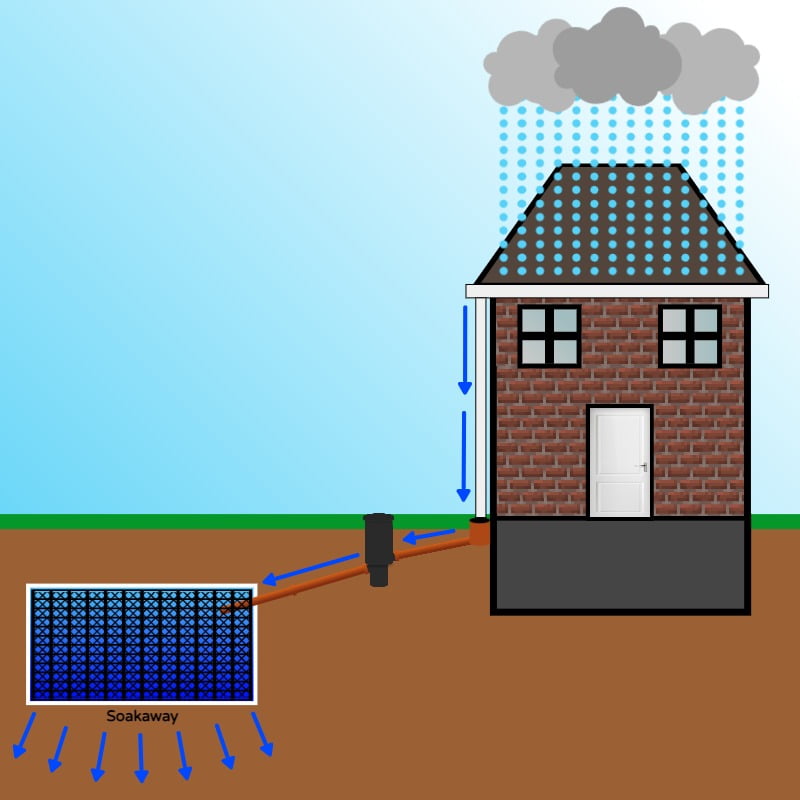
Considering a soakaway drain? You need to do this first:
A percolation test.
A roof pitch calculation.
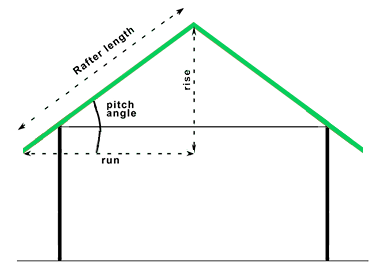
Check for buried pipes, cables or other dangers.
Planning permission and regulations.
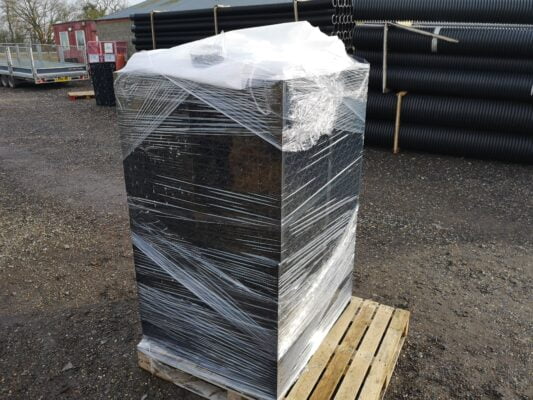
Preparing for installation.
Installation Considerations
Make sure the crates are thoroughly wrapped in a non-woven geotextile membrane.
Fit a silt trap.
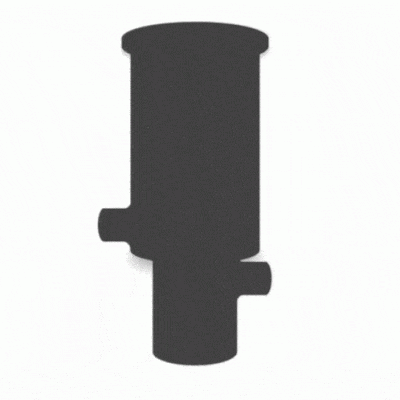
Side and back fill.
Installation video:
Which systems do you recommend?
Nathan Wilde
Shop Soakaway Crates
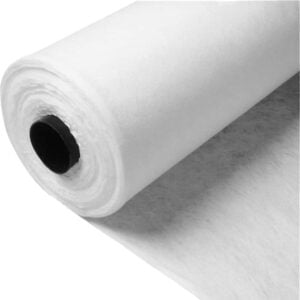
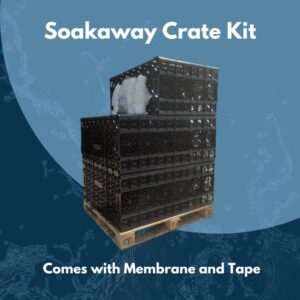
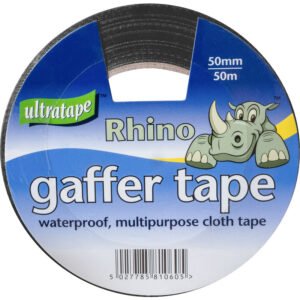
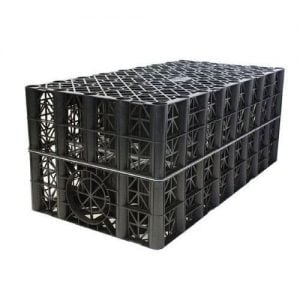
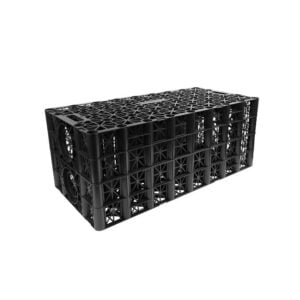
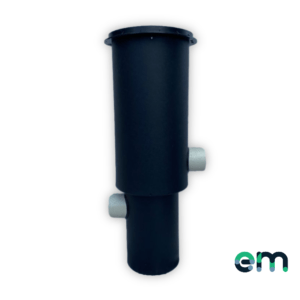
Sale!
(82)
From £15.54 Excl. VAT
Select options
(28)
From £228.03 Excl. VAT
Select options
(8)
£5.60 Excl. VAT
Add to basket
(7)
£35.83 Excl. VAT
Add to basket
Out of stock
(1)
£31.67 Excl. VAT
Add to basket
Out of stock
(1)
£281.77 Excl. VAT
Read more